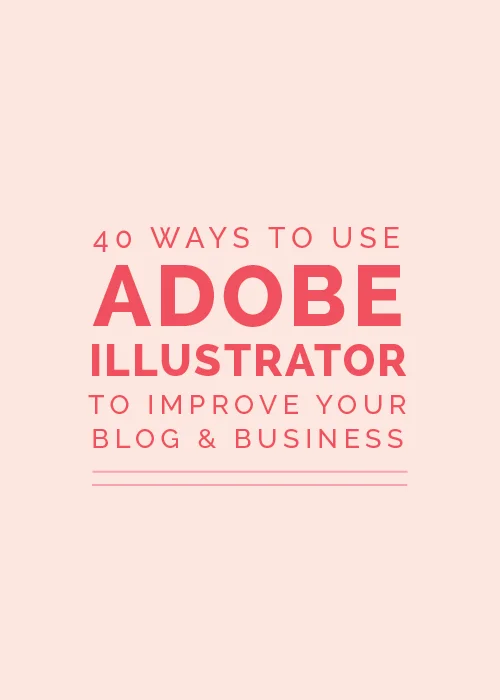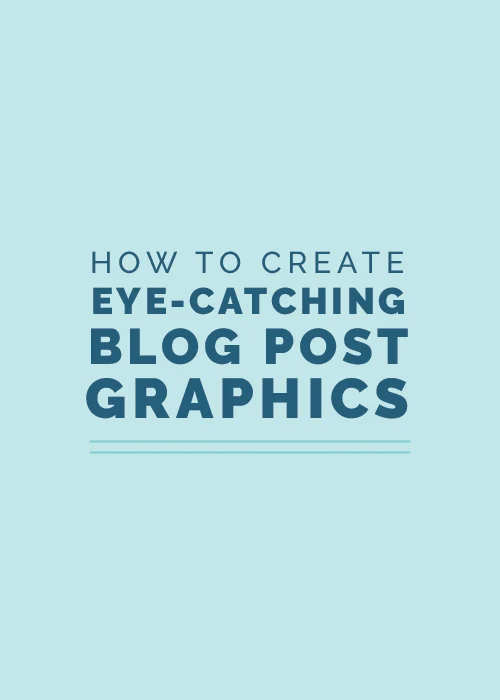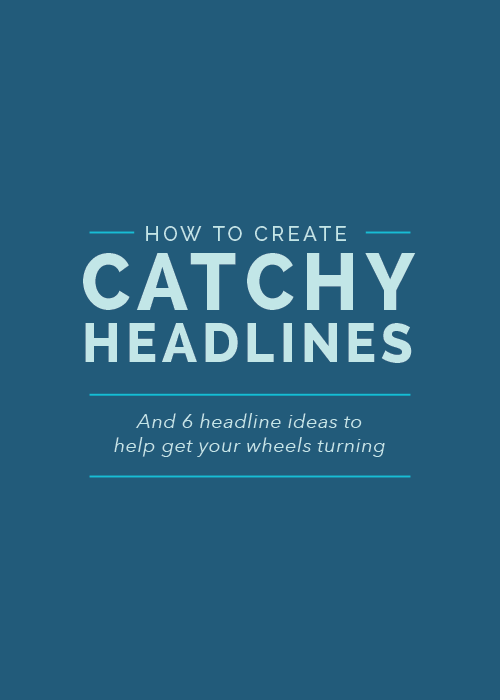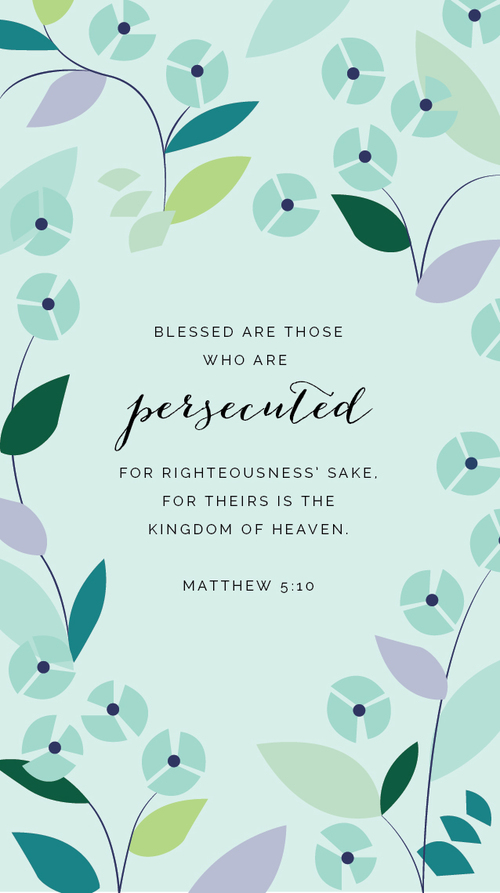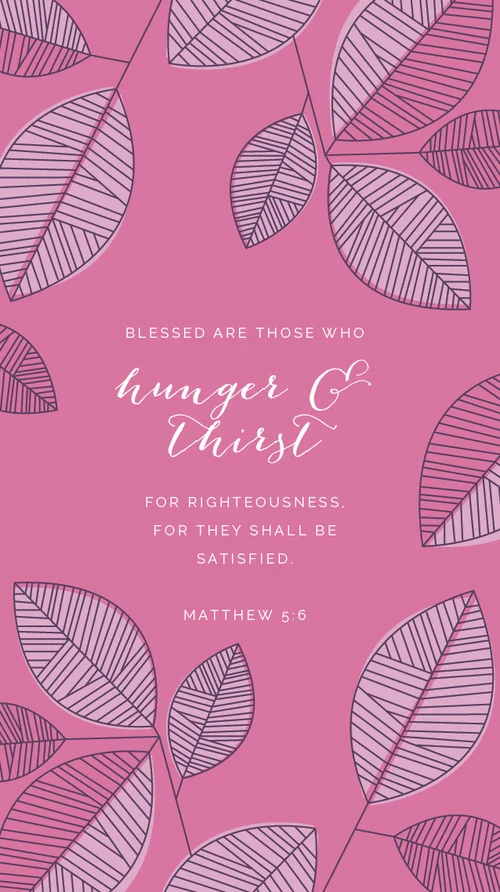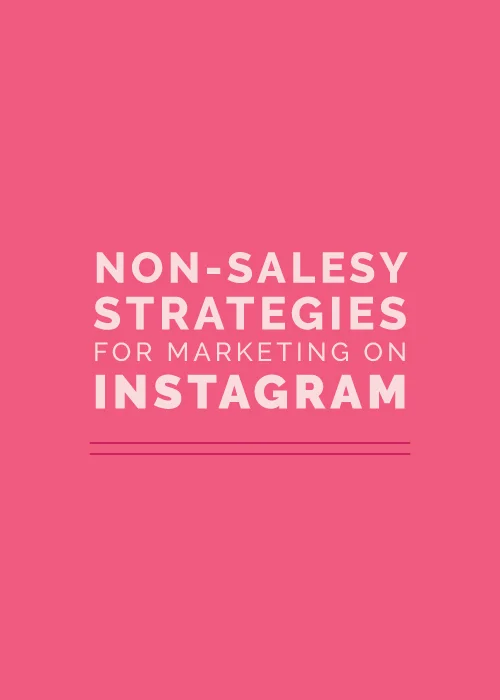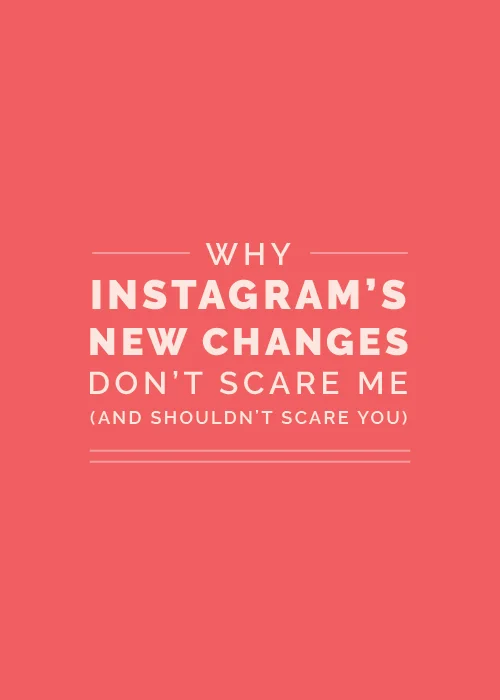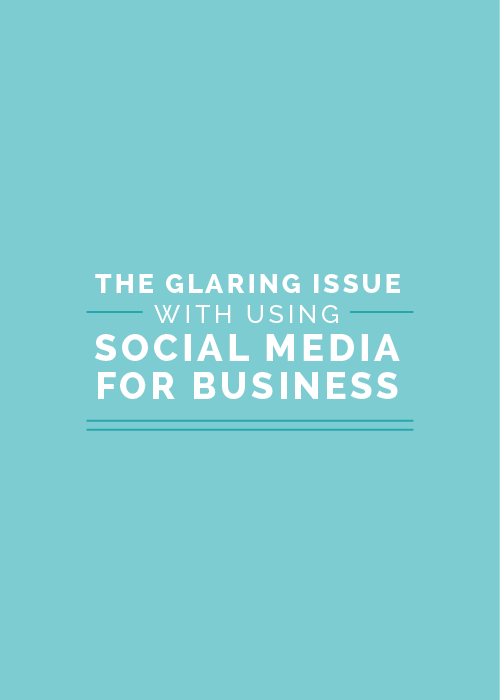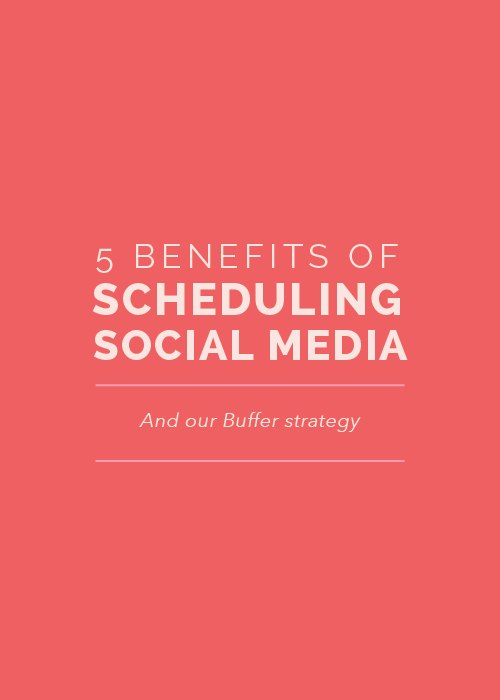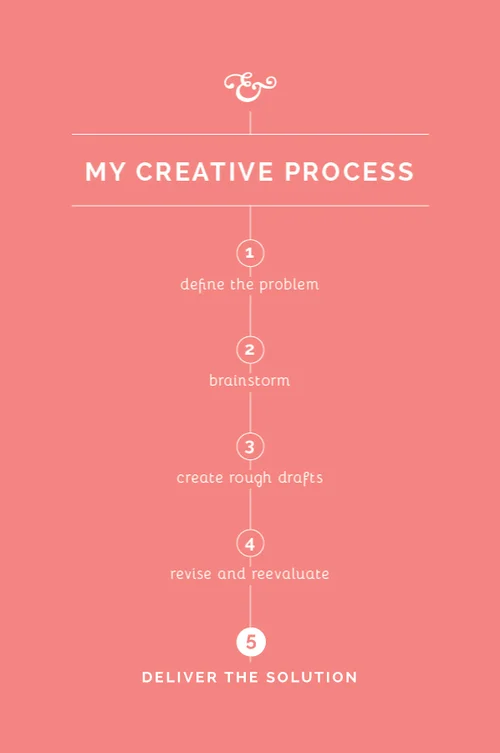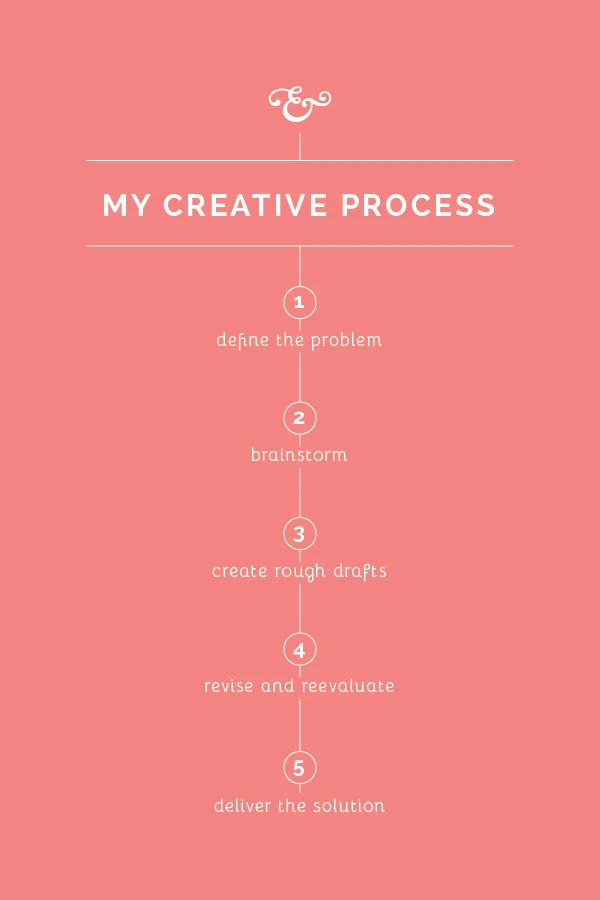1 | Join Pinterest as a business
Creating a business account has many benefits as an entrepreneur and blogger. With a business account, you can verify your site (which allows Pinterest users to see that your site is trustworthy source) and you are able to use Pinterest Analytics. These analytics allow you to see what is being pinned from your site, how many people are repinning your images, and you're even able to discover the other interests of your pinners. Using these statistics helps you refine your content and produce more of the things that your readers will enjoy and share.
Follow this link for more information about creating a business account on Pinterest.
2 | Allow readers to pin directly from your site
Make it as easy as possible for visitors to pin from your site by installing a Pin-It Button. This small hover link makes your site "Pinterest friendly," helping readers share and distribute your content to their audience. From there, the growth is exponential.
For those of you who use Squarespace, you can enable the Pin It button under Settings > Share Buttons. For those of you who use Blogger or Wordpress, click here for instructions on how to add a Pin It button to your site.
3 | Create original pin-worthy images and graphics
Pinterest is an image-driven social media platform. In order for Pinterest users to access your site from a pin, they have to choose one of your photos from among a sea of other images. Grab their attention and set your pins apart by adding original, well-designed images to each blog post. If your post is purely text, take time to create a graphic that includes the title. Some of my most popular pins are graphics that I created for my "How to Start a Blog" series. If I hadn't created images for those posts, Pinterest users wouldn't have been able to access that content.
It may take a little longer to prepare your post, but the extra time spent on taking better photos or creating an eye-catching graphic is well worth free marketing through Pinterest shares.
Some quick tips for pin-worthy images: Because they appear larger in the Pinterest feed, vertical images have a higher chance of getting re-pinned. Statistics also show that colorful photos, images without faces, and pictures with a background are more likely to get re-pinned.
4 | Name your images and photos
Did you know that the name of your image appears in the pin description when readers pin content directly from your site? Use this to your advantage! Come up with a descriptive sentence loaded with keywords and use it in place of the image name when you're uploading photos in a blog post. It also makes it easier on the readers who are pinning from your site because they don't have to worry about coming up with a description (or am I the only one who hates that?)
5 | Set up a board for each blog series or offering
This is a great way to drive content to old posts! I did this with my Weekly Truth series and I was stunned to see that an image from the series was repinned over 1000 times. A lot of people not only started following along with my Weekly Truth board, but they clicked through and visited my site. Get creative and come up with board ideas that highlight your products and your posts.
6 | Pin selectively
Your social media accounts are also a reflection of your brand. As a designer, if I'm pinning low-quality, poorly designed images, even if the content is decent, it isn't the best representation of my design eye and taste. Choose pins and boards that are a good reflection of and coincide with your blog/business.
I always love learning from your feedback! What Pinterest tips have been helpful for driving content back to your site?

